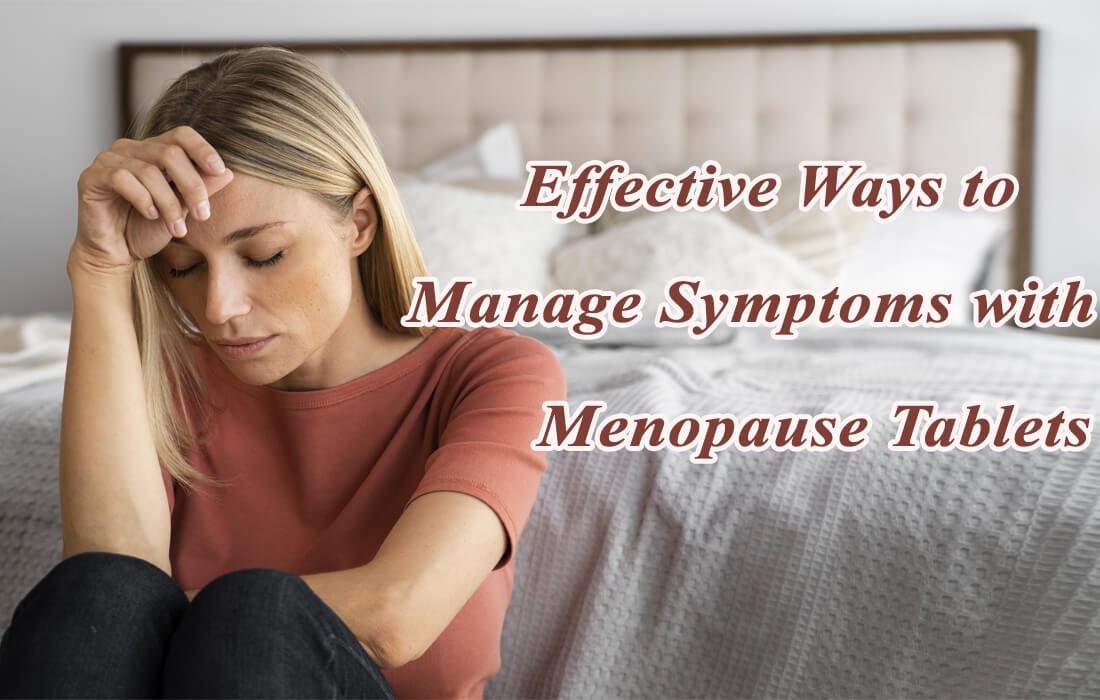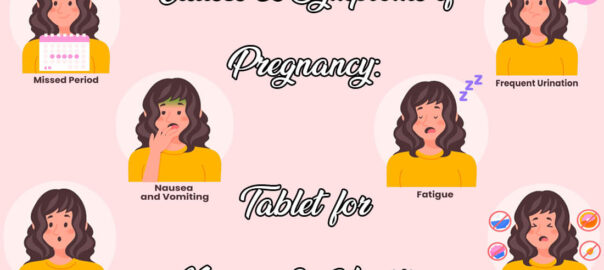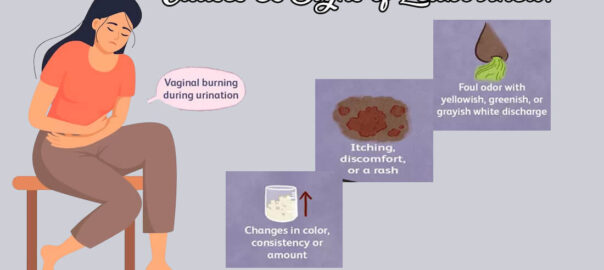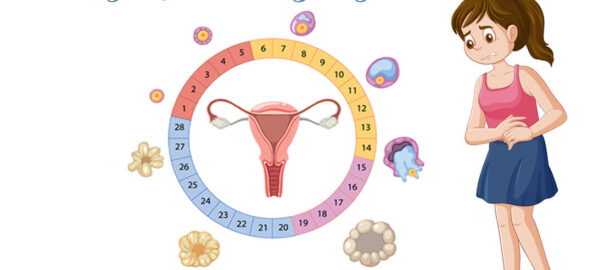
Image by Freepik
As a woman, menopause can be a daunting and uncomfortable time in your life. It is common to experience symptoms such as night sweats, weight gain, mood swings, and hot flashes that result in physical and emotional fatigue. But fear not; natural treatments can help alleviate these symptoms and make this transition period more manageable. We will discuss various effective ways to relieve menopause symptoms, including hot flashes. We’ve covered everything from dietary changes and ayurvedic menopause tablets to lifestyle tweaks and stress management techniques. Take a seat, unwind, and prepare to discover natural solutions that can make menopause an easier experience.
Overview of Menopause Symptoms
As women approach midlife, their bodies go through a natural process of menopause. This change can come with physical and emotional symptoms that may be difficult to handle. As women go through menopause, they may experience a range of physical and emotional symptoms that differ in intensity and duration from woman to woman. Here are some common menopause symptoms:
- Hot Flashes: Hot flashes are when you suddenly feel very hot and sweaty, and your face and upper body might turn red. These sensations may persist for a few seconds to several minutes.
- Night Sweats: Night sweats are similar to hot flashes but occur during sleep, leading to excessive sweating that can disrupt sleep patterns.
- Mood Swings: Many women experience mood swings, irritability, and feelings of anxiety or depression during menopause.
- Weight Gain: Weight gain, particularly around the abdomen, can be caused by hormonal changes, ageing, and lifestyle factors.
However, there are menopause tablets that can help ease these symptoms and assist women in managing this new phase of life. With the right support and treatment, women can still enjoy a vibrant and fulfilling life during and after menopause. Ultimately, every woman’s experience with menopause is different, and finding the right approach to managing symptoms requires patience, persistence, and support. By taking small steps towards a more holistic lifestyle, women can find relief from the discomforts of menopause and enjoy a better quality of life.
How to Identify & Address Other Menopause Symptoms
Menopause can be difficult for many women, with hot flashes, mood swings, and night sweats being some of the more common symptoms. However, other lesser-known symptoms can occur during this phase of life. For example, women may also experience difficulty sleeping, vaginal dryness, fatigue, depression, anxiety, joint pain, and changes in their skin.
- Sleep Problems: Hormonal fluctuations and night sweats can disrupt sleep, leading to insomnia or poor sleep quality.
- Vaginal Dryness: Decreased estrogen levels can result in vaginal dryness, leading to discomfort, itching, and pain during sexual intercourse.
- Fatigue: Fatigue leads to decreased energy levels during menopause, which can influence hormonal changes and sleep disturbances.
- Depression and anxiety may relate to hormonal changes and can be addressed through proper natural medication.
- Irregular Periods: As women near menopause, they may experience changes in their menstrual cycles, such as varying lengths and frequencies of periods. Eventually, menstruation ceases altogether.
- Joint pain is another potential symptom that can impact women’s quality of life and ranges from mild discomfort to severe pain.
- Changes in Skin and Hair: Menopause can cause changes in the skin, such as dryness, thinning, and increased wrinkles. The hair may also become thinner and more brittle.
While these symptoms can be frustrating, there are steps women can take to manage them. After that, it is important to remember that no single approach can completely solve the challenges associated with menopause. A holistic approach, combining dietary changes with physical activity and stress-reducing activities, is key to managing the symptoms of menopause and improving overall health. While many women may turn to menopause support tablets to alleviate their symptoms, changing your diet can offer a natural and sustainable solution.
Tips for Managing Menopause Symptoms
Navigating the menopause transition can be challenging, but one of the best steps to take is to educate oneself on the physical and emotional changes that may occur during this time. The menopause transition can be a unique experience for every woman, and managing symptoms can vary greatly from person to person. Here are some tips for navigating the menopause transition:
- Educate Yourself: Understand all the different sides of menopause, including the physical shifts and emotional alterations that might occur. Being aware of what aspects can help you feel more ready and confident.
- Maintain a Healthy Lifestyle: Dress in layers and use fans or cooling devices to manage hot flashes and night sweats. Avoid triggers that may worsen symptoms, such as spicy foods, caffeine, alcohol, and stressful situations. Finally, focus on maintaining a healthy lifestyle to support your overall well-being. It includes eating a balanced diet, engaging in regular physical activity, and managing stress effectively.
- Prioritize Self-Care: Take time for self-care activities that promote relaxation and well-being. It may include practising mindfulness or meditation, engaging in hobbies you enjoy, getting regular massages, or indulging in activities that help you unwind.
- Stay Active: Regular exercise can effectively manage menopause symptoms, boost mood, and promote overall well-being. Incorporate activities like walking, swimming, yoga, or strength training into your routine.
- Maintain a Healthy Weight: During menopause, hormonal changes can affect your metabolism and make weight management more challenging. It is important to prioritize maintaining a healthy weight by consuming a well-balanced diet.
- Vaginal Lubricants and Moisturizers: Combat vaginal dryness and discomfort with water-based moisturizers for relief during intimacy or whenever necessary.
- Adequate Sleep: Enhance sleep quality through a regular schedule, soothing bedtime routines, and a comfortable sleep environment, cultivating healthier restful habits. If hot flashes disrupt sleep, try keeping your bedroom cool or using moisture-wicking bedding.
- Seek Support: Reach out to friends, family, or support groups that can provide understanding and guidance during this time. Connecting with others who are going through or have gone through menopause can be reassuring and helpful.
Conclusion
Menopause can be a challenging time for many women. But with the right approach and care, it can be managed effectively. “Following the natural remedies in this post can bring relief from hot flashes, night sweats, and mood swings effectively. Whether you make dietary changes, take the best menopause tablets, adjust your lifestyle, or try stress management techniques, there is a solution for everyone. Besides supplements, women can enhance bone health during menopause by increasing calcium and vitamin D intake through dietary adjustments.
Enhance well-being during this transition by eating hormone-balancing foods, prioritizing fruits and veggies, and reducing processed and sugary foods. Although menopause poses challenges, women can proactively nurture their health and well-being during this transformative phase of life. Remember to be patient and give yourself time to adjust to these changes. With determination and commitment, bid farewell to menopause symptoms and welcome this new life phase confidently and effortlessly.










